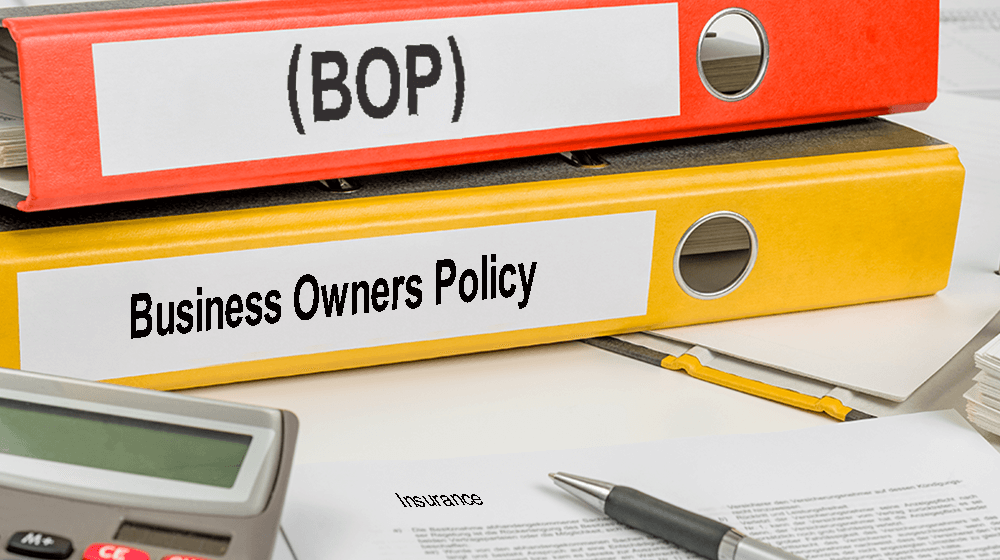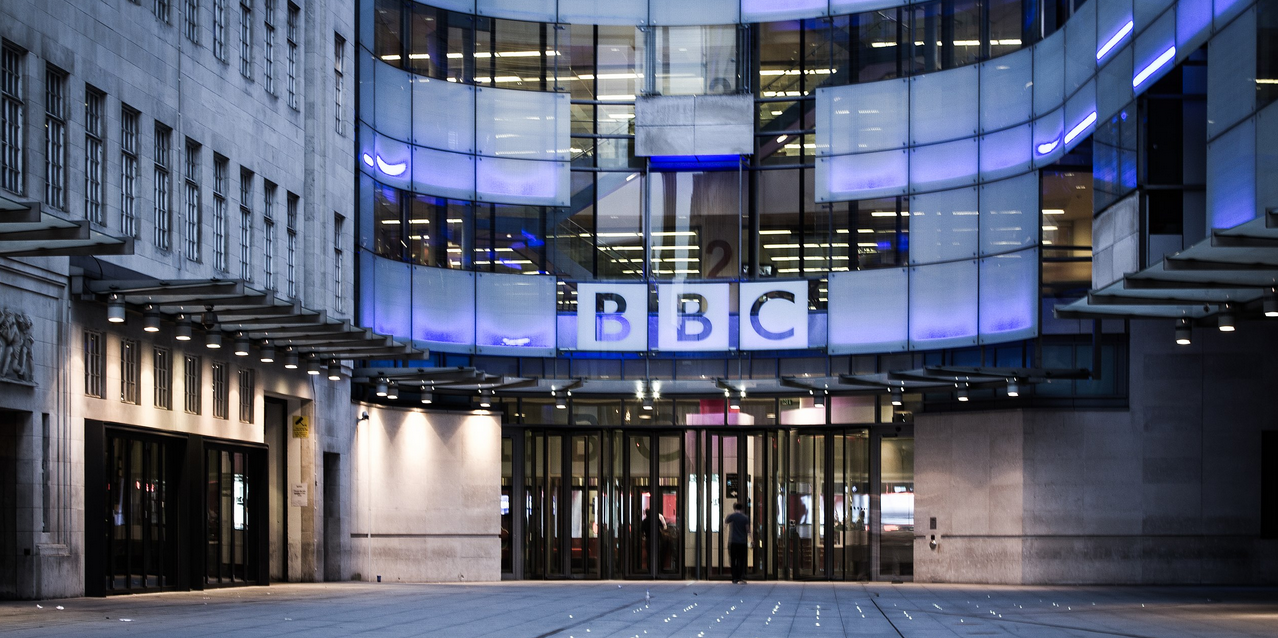When it comes to running a business, you’ve got a million things on your mind: operations, staffing, marketing, and more. Insurance? It’s probably one of those things that sit on your “must-do” list but never feels urgent until it is. Choosing the right Business Owners Policy (BOP) is one of those crucial decisions you don’t want to leave to chance. After all, protecting your business isn’t just about covering your bases, it’s about ensuring you can keep the doors open no matter what comes your way.
So how do you go about selecting the best BOP for your needs? This checklist will walk you through the key things you need to consider, and don’t worry—it’s not as complicated as it sounds. Let’s break it down step by step.
Assess Your Business’s Risks and Needs
Every business is unique, which means your insurance needs are too. Are you running a retail store with lots of foot traffic? Or maybe you own a small tech startup that’s more concerned with data breaches than customer injuries. Either way, the first step in choosing your BOP is understanding what kinds of risks your business faces.
Take a moment to think about potential hazards. Could your property get damaged in a storm or fire? What about liability, what if someone sues you over a slip-and-fall incident? And don’t forget about less obvious risks, like business interruptions if something forces you to close for a while. Once you’ve got a good handle on your risk profile, you’ll have a clearer picture of what kind of coverage makes sense.
Know What Your BOP Covers (and Doesn’t)
Here’s the good news: a BOP bundles together several types of insurance into one package. That’s why it’s so popular with small and medium-sized businesses, it covers the big stuff without making you buy individual policies.
But what exactly does a BOP cover? At its core, you can expect three main areas of protection:
- Property Insurance: This covers the physical assets your business owns, like the building, equipment, and inventory. If a fire, vandalism, or another covered disaster occurs, property insurance has you covered.
- Liability Insurance: This kicks in when a third party, such as a customer, claims you caused them harm. Maybe someone slips on a wet floor in your shop, or perhaps you accidentally damage a client’s property while working onsite.
- Business Interruption Insurance: If your business needs to temporarily shut down due to a covered disaster, this helps replace lost income, so you can keep paying the bills even when the doors are closed.
However, it’s important to remember that no policy covers everything. For example, a standard BOP probably won’t cover flood or earthquake damage, nor will it protect you against professional liability claims if you give faulty advice or make a mistake in your services. That’s why it’s crucial to know what’s excluded, and what extra coverage you might need to buy.
Tailor Your Coverage to Fit Your Business
One size does not fit all, especially when it comes to insurance. The great thing about BOPs is that they can often be customized to meet your specific needs. So don’t settle for a cookie-cutter policy when you can tailor it to your business. If you’re unsure where to start, understanding how to choose business owner policy insurance can help guide you toward the best options for your situation.
Let’s say you run a restaurant. You might want to add coverage for food spoilage or damage to outdoor signs. Or maybe you own a retail shop and need extra protection for your inventory. Whatever your business looks like, there’s a good chance you can tweak your BOP to match.
Consider adding features such, as protection against data breaches, for handling customer data or insurance for product liability if you’re selling goods to avoid issues later on.
Compare Policy Limits and Deductibles
Here’s where things can get a bit tricky, but stay with me! Policy limits are the maximum amount your insurance will pay out if you make a claim, while deductibles are what you pay out of pocket before your insurance kicks in.
Finding the right balance between limits and deductibles is key. Too high of a deductible might save you money on monthly premiums, but if you ever need to file a claim, you could find yourself footing a larger bill than expected. On the flip side, higher limits usually mean higher premiums, so it’s all about finding a comfortable middle ground that protects your assets without breaking the bank.
Ask yourself: How much is your building worth? How much would it cost to replace your equipment? And what’s the worst-case scenario if you had to shut down for weeks or even months? Answering these questions will help you zero in on the right coverage levels.
Don’t Forget the Fine Print: Exclusions and Limitations
You’ve heard the phrase, “The devil is in the details,” right? Well, that applies here too. Before you sign on the dotted line, it’s crucial to understand what’s not covered in your BOP.
Most policies come with exclusions, and they can vary depending on the insurer. Common exclusions include things like natural disasters (floods and earthquakes!), professional errors, and certain types of equipment breakdowns. If you operate in a high-risk area or a niche industry, you might need to add extra coverage to fully protect your business.
It’s worth reading the fine print, yes, really! to make sure you’re not left in the lurch if something happens. And if you’re not sure what’s excluded, ask your insurance agent to walk you through it.
Shop Around for Insurance Providers
Not all insurers are created equal, so don’t just go with the first company that sends you a quote. This is your business we’re talking about—you need an insurance provider who’s reliable, trustworthy, and responsive when you need them most. Whether it’s general coverage or protection for your business car, having the right policy in place is essential to keep your operations running smoothly.
Start by comparing quotes from multiple insurers. Look at more than just the price; check out customer reviews, the claims process, and how easy they are to work with. Do they have a reputation for paying out claims quickly? Are their agents helpful when it comes to answering your questions?
Remember, insurance is more than just a financial transaction—it’s a partnership. You want to choose a provider who will have your back when things go sideways.
Save Money by Finding Discounts
Everyone loves a good deal, right? Well, guess what, there are often ways to save money on your BOP.
Many insurers offer discounts if you bundle multiple policies together, like combining your BOP with a workers’ compensation or auto insurance policy. You might also score a lower premium if you have strong risk management practices in place, such as installing security systems or having a disaster recovery plan.
Another way to save? Review your coverage regularly. As your business grows and changes, your insurance needs may shift too. Don’t pay for more coverage than you need, but make sure you’re not skimping in critical areas either. It’s all about finding that sweet spot.
Consult an Expert
Feeling a little overwhelmed? Don’t worry, you don’t have to go through this process alone. Working with an experienced insurance agent or broker can take a lot of the guesswork out of choosing the right BOP.
A good agent will take the time to understand your business’s specific risks and recommend coverage that fits your needs. They can also help you navigate the fine print, compare quotes, and explain any tricky terms. Think of them as your insurance sidekick, there to guide you through the process.
Before you meet with an agent, make a list of your most pressing concerns and any questions you have. This way, you can be sure you’re getting the advice and coverage that’s right for your business.
Protect Your Business and Your Future
Choosing the right Business Owners Policy might feel like a daunting task, but with the right checklist in hand, it becomes a lot more manageable.
Make sure to evaluate the risks involved thoroughly and have an understanding of what’s included in your coverage options before making a comparison, between them diligently. Remember to consider customization and seek advice from experts as they can be invaluable in helping you find the solution, for your needs.
At the end of the day having the Business Owners Policy (BOP) goes beyond feeling secure; it’s, about making sure your business is resilient, to any challenges that come its path so you can dedicate your attention to expanding your company and catering to your customer’s needs.
Are you prepared to make the choice, for your company? The checklist is right here to help you every step of the way.







